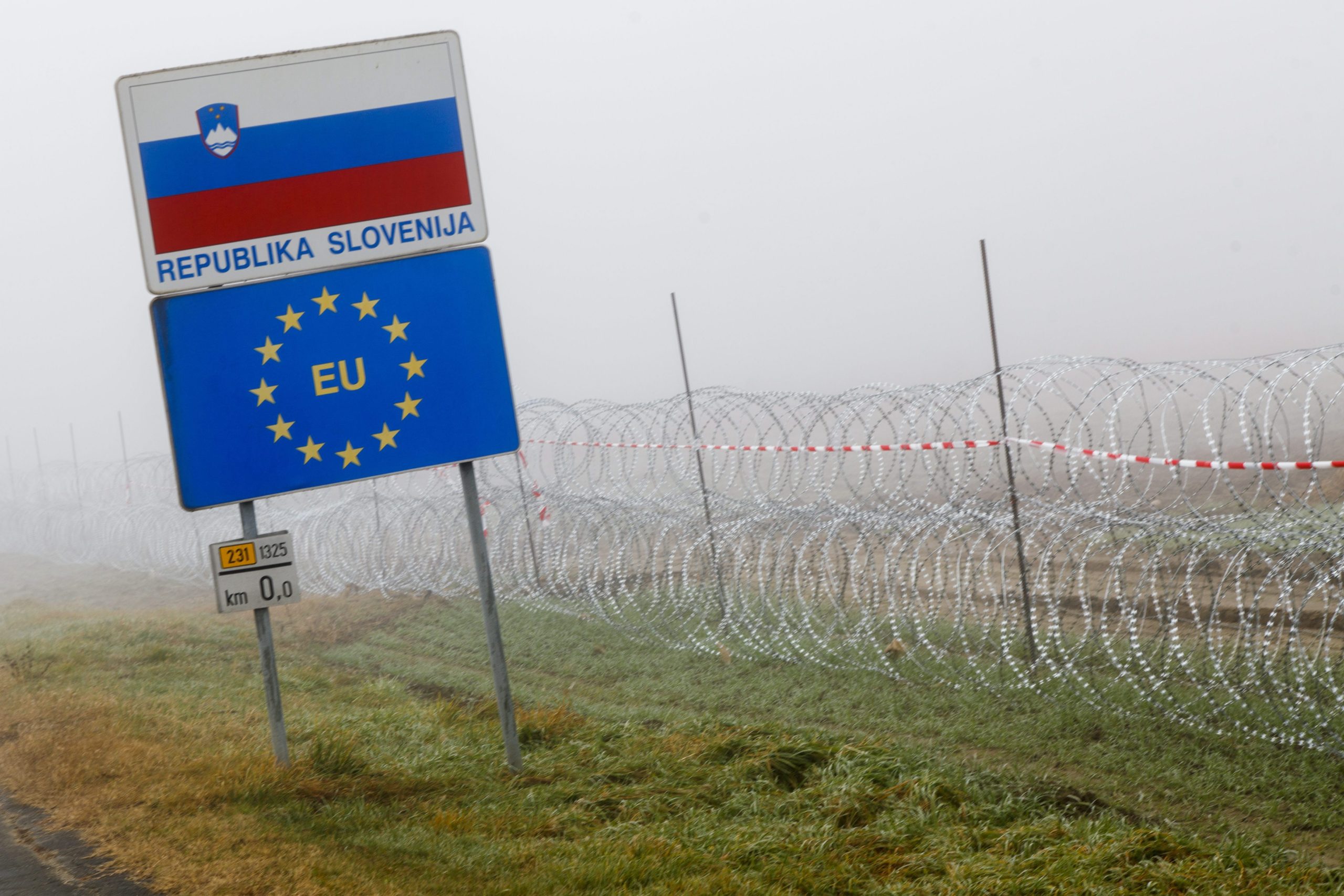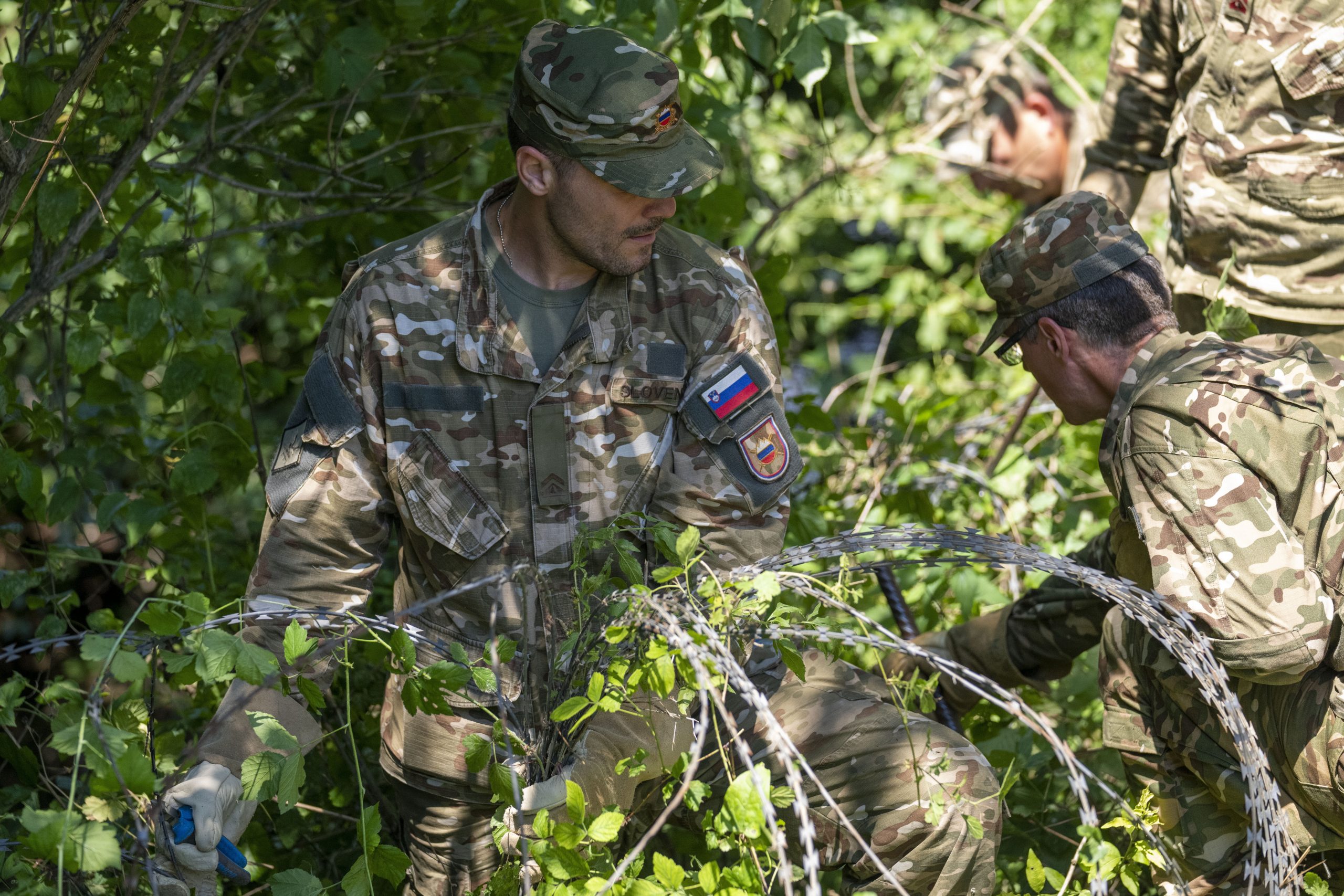
"Migration is a part of modern societies, so the most effective migration policy is to ensure safe and legal migration," Slovenian Interior Minister Tatjana Bobnar said.Continue reading

Illegal migration has been increasing in Hungary’s neighbor, Slovenia. The Hungarian government reacted to the developments, and at the same time is reinforcing border protection.
In the first seven months of the year, the Slovenian authorities arrested 8,200 illegal border crossers. According to the Slovenian Ministry of Interior, this is an eighty percent increase compared to the same period last year.
Most of the migrants started their journey from Afghanistan, but there has also been a significant increase this year in the number of migrants from Cuba, India, and Burundi – countries whose citizens do not need a visa to enter neighboring Serbia.
This year the Slovenian police detained 130 people suspected of human trafficking from 30 countries, most of them Serbian citizens.
The number of people applying for international protection increased- about 90 percent of the detained illegal immigrants have applied for protection in Slovenia. However, the majority leave the country before the end of the asylum procedure.
One of the priorities of the new left-wing government led by Robert Golob was to dismantle the razor wire fence on the country’s border with Croatia, which was built on 2015 to stem the migration flow. In the last two weeks, the Slovenian army has already removed more than a kilometer of the fence.
In a Facebook post, Csaba Dömötör, the State Secretary at the Prime Minister’s Office, implied that had the Hungarian Left won the elections, they would have done the same and dismantled the fence on the Hungarian-Serbian border.
Prime Minister Viktor Orbán called migration one the main challenges of Europe in his speech at the Tusványos summer university last month. Without explicitly naming Slovenia, Viktor Orbán said: “there is a country where the Left has won, and where one of its first measures has been to dismantle its border fence.”
Last month, the government decided to set up border hunter units tasked with safeguarding the security of citizens in collaboration with the police. At an off-site meeting of the Fidesz parliamentary group’s Defense and Anti-Migration Cabinet in the border town of Röszke last month, Lajos Kósa, the Chairman of the parliament’s Defense and Law Enforcement Committee said that in the first stage, 2,200 border guards will be deployed to protect the Hungarian border, while in the second stage 1,800.
He warned that migrants illegally crossing the borders are also becoming increasingly aggressive, with incidents of armed attacks on police and soldiers, and gangs of people smugglers and migrants shooting at each other.
Featured photo via MTI/AP/Darko Bandic